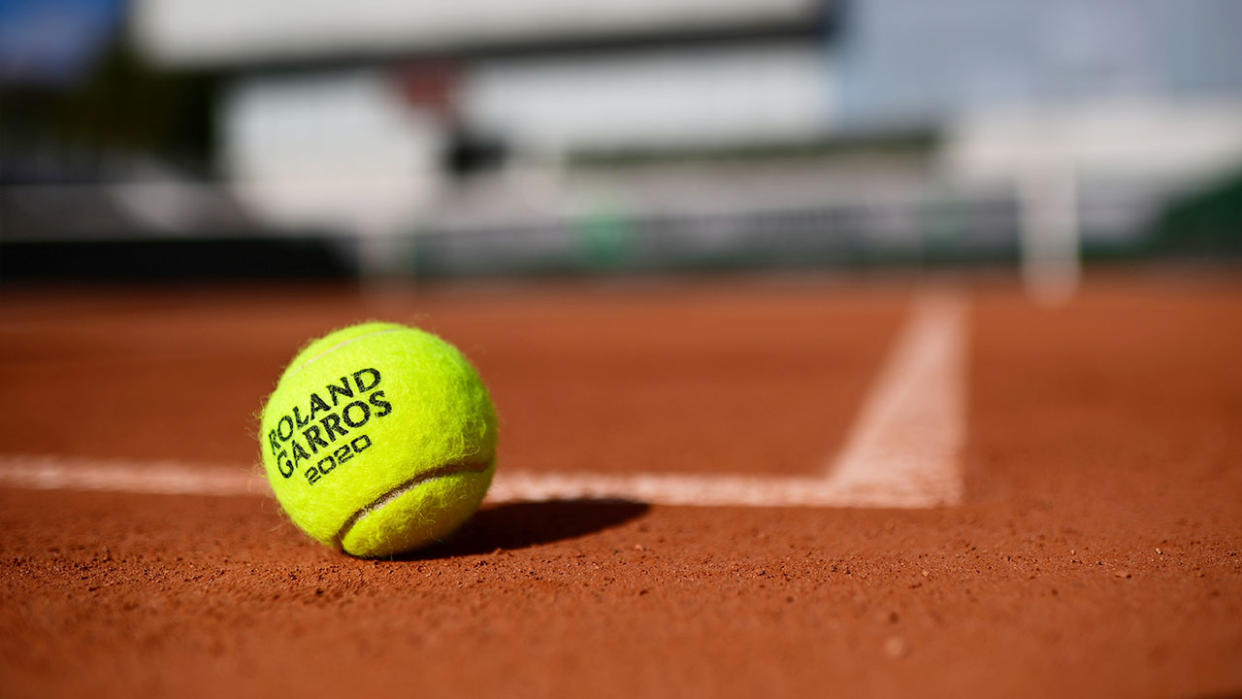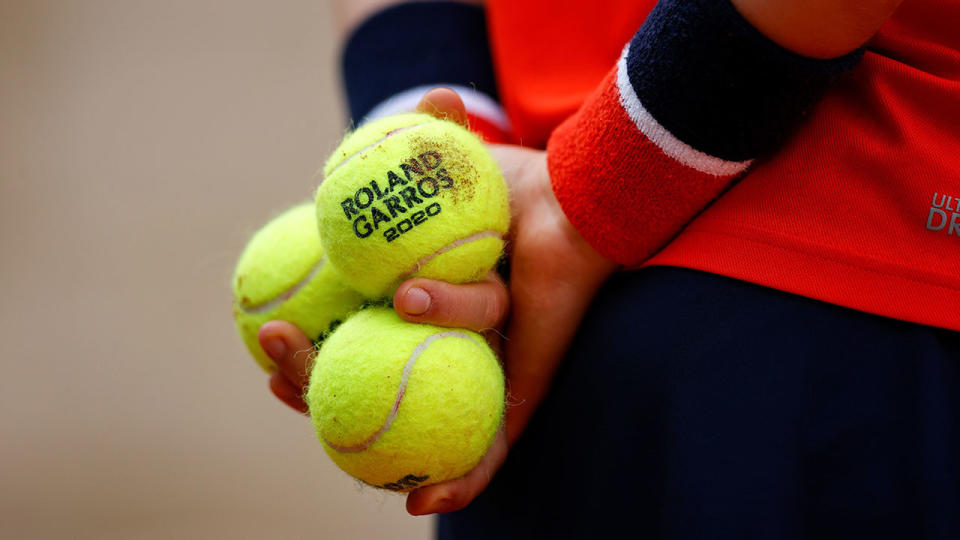Match-fixing scandal rocks French Open after 'abnormally large' bets

The French Open has been hit with ugly allegations of match-fixing as authorities investigate a series of "abnormally large" bets.
French prosecutors have confirmed they've launched a probe into suspected match-fixing, reportedly involving a women's doubles match.
'MOST FAVOURED': Nadal's uncle makes shock Djokovic call
'DEJA VU': Djokovic hits line judge in face at French Open
'TOUGH TIME': Petra Kvitova breaks down at French Open
"It's a first-round match featuring players that are not well-known," a source within France's National Gaming Authority (ANJ) told AFP on condition of anonymity, without specifying which match was targeted.
French sports publication L'Equipe and German newspaper Die Welt reported that the match in question was the first-round encounter between Romanian pair Andreea Mitu and Patricia Maria Tig, who were facing Russia's Yana Sizikova and her US playing partner Madison Brengle.
The investigation is focused on the fifth game of the second set, which the Romanian duo won to love after Sizikova served two double faults.
Large sums of money were reportedly placed on the Romanians winning that particular game, with bets placed in several countries.
The Romanian players eventually won the match 7-6, 6-4.
Director general of French tennis Jean-François Vilotte refused to confirm which match was under investigation but said the probe had uncovered a plethora of information.
"It means that these warning systems are working. It's good that everyone is doing their part in the exchange of information.
"You have to be vigilant, process the information, monitor and cooperate. That's what is at work there. So we can only congratulate ourselves that these international cooperation mechanisms are working," he said Tuesday.
"In this case, we had an observer at the match. He is in the process of sharing information with the investigation services."
Prosecutors said they were probing alleged "fraud in an organised group" and "active and passive corruption in sport".
A source within the investigation said the bets placed on the match were "abnormally large" and amounted to "tens of thousands of euros".
An insider with France's gaming authority said they had not detected any anomalies in the French gambling market, leading them to believe that the bets were placed overseas.

Suspicious bets placed outside of France
"They must have been afraid to bet in France. They tried to spread the bets around other markets but the betting industry bodies know how to do their sums," the source said.
France's gaming authority received information about the suspicious betting activity from private operators and were also alerted by the Global Lottery Monitoring System and by the Council of Europe's Network of National Platforms, which combats manipulation of sports competitions.
The Tennis Integrity Unit, the sport's anti-corruption body, said it would not comment on the investigation "in line with our policy of operational confidentiality".
Tennis has battled match-fixing in the past, but organised groups normally target lower-level tournaments and not Grand Slam events like the French Open.
In January, former top-100 player Joao Souza was banned for life and fined $200,000 for match-fixing and other corruption offences.
An investigation found the Brazilian fixed matches at ATP Challenger and ITF Futures events in Brazil, Mexico, the United States and the Czech Republic, the anti-corruption body said.
Souza, who reached a career-high ranking of 69 in 2015, also failed to report corrupt approaches, destroyed evidence and "solicited other players to not use best efforts".
with AFP
Click here to sign up to our newsletter for all the latest and breaking stories from Australia and around the world.



